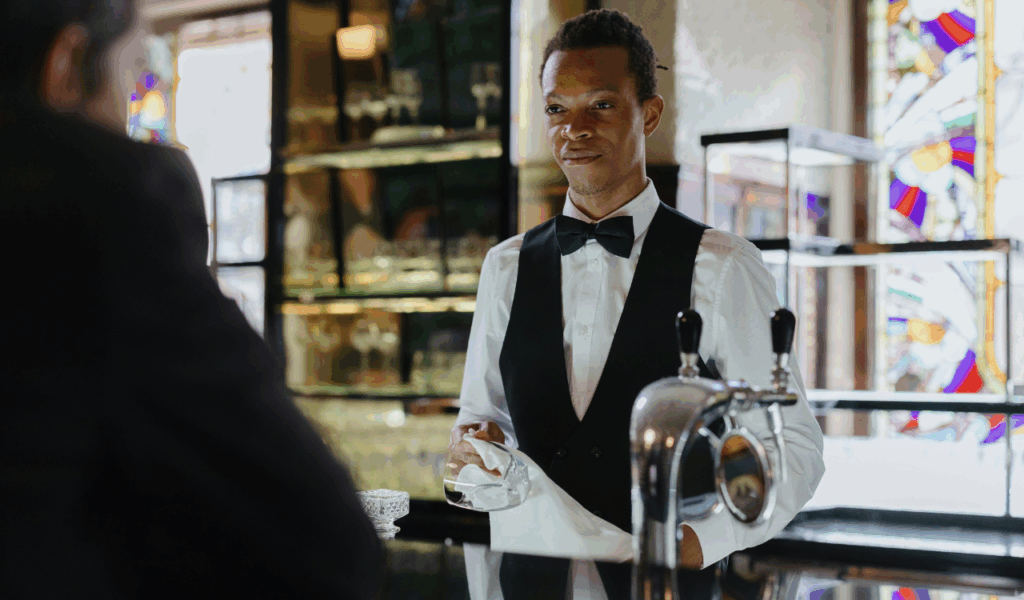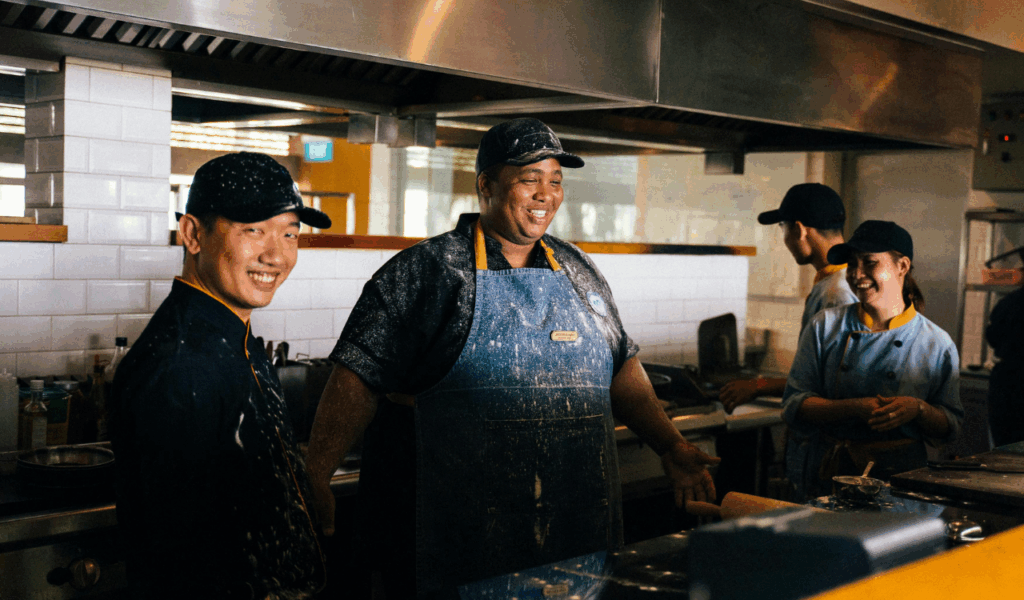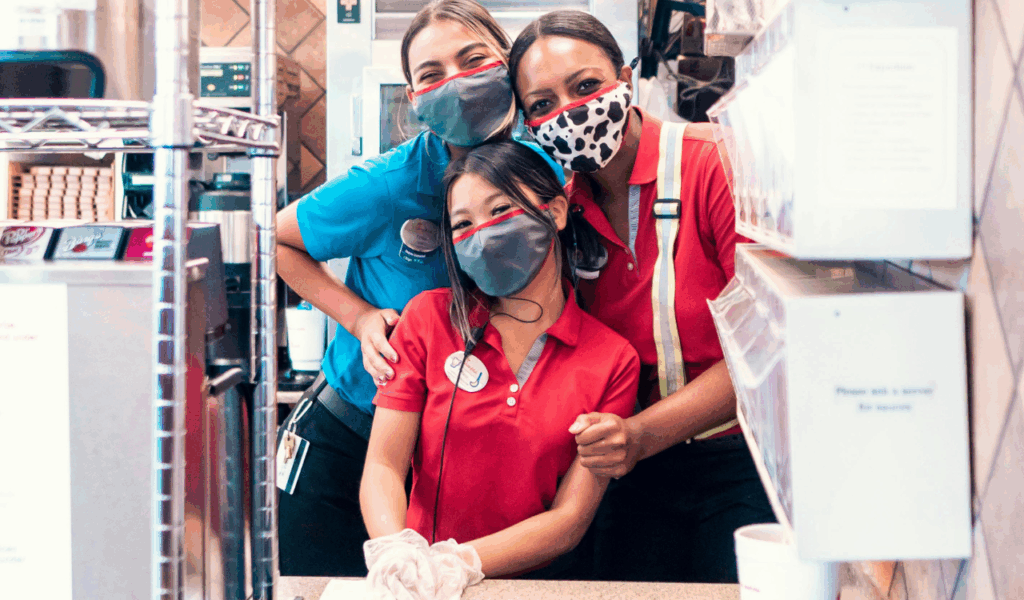10 Quiet Truths Servers Say Can Improve Your Meal

Dining out is a communal experience influenced by the people who serve it, and it’s more than just food on a plate. The speed of the kitchen, the atmosphere at the table, and the small customs that distinguish a seamless, pleasurable meal from one that is fraught with annoyance are all visible to servers. Most won’t tell customers what actually makes dining better or service easier, but these little-known facts can make your restaurant experience more enjoyable, seamless, and fulfilling every time. Think of this as your insider’s manual from the experts in hospitality.
1. Timing Is Everything

Longer wait times, slower service, and a stressed-out kitchen are all consequences of arriving during the busiest rush. For a quicker, more relaxed experience, servers advise dining a little earlier or later than busy times. Fresher food, friendlier service, and possibly even a better table will be provided. When the kitchen isn’t overworked, restaurants frequently produce the most consistent dishes. Your meal will almost always feel more casual and intimate if you can find that sweet spot, which is around thirty minutes before or after the crowd.
2. Respect the Table Turn

While they want you to have a good time, servers also have to consider other patrons who are waiting for seats. Staying long after dessert may inadvertently cause other people to be delayed and lower your server’s tip. The flow is kept equitable and effective by paying attention to pacing, particularly when the restaurant is packed. Moving to the bar or lounge if you want to continue the conversation demonstrates your respect and gratitude for the team’s work. Both parties benefit from a more seamless dining rhythm when servers are aware that they are compensated by table turnover.
3. Be Honest About Allergies and Preferences

In order to avoid stress and mistakes later, let your server know about any allergies, intolerances, or strong dislikes up front. Instead of having to redo a dish after it arrives, they would prefer to know ahead of time. When given time, most kitchens can easily accommodate substitutions. Because it keeps everyone happy and safe, servers value customers who communicate effectively. Honesty fosters trust, despite the discomfort it may cause. When both parties cooperate, your server can speak up for you behind the scenes and your meal becomes customized without confusion.
4. Small Kindnesses Go a Long Way

You might be surprised to learn how much simple gestures like smiling, saying “please” or “thank you,” or maintaining eye contact can convey. Since servers frequently serve dozens of customers in a single shift, sincere civility is noticeable. Recognizing their work fosters respect for one another and can subtly enhance your experience. You may observe thoughtful timing, minor extras, or quicker refills. Being kind encourages better service because it lets employees know they are appreciated and not just a part of the background. Service is human labor.
5. Tipping Fairly Matters More Than You Know

For most servers, tips are their main source of income rather than a little extra. A generous tip conveys gratitude and frequently demonstrates your appreciation for the worker’s effort as well as the caliber of the food. Tipping appropriately boosts morale and helps those who depend on that income, even in the event of a small problem beyond the server’s control. Tipping above the norm can have a long-lasting impact if service is truly exceptional; servers remember customers who treat them with respect and appreciation.
6. Ask Questions Before Ordering

Servers are well-versed in the menu, including what is fresh, what has been sitting for too long, and what the chef is most proud of that day. It’s smart to inquire about the best dishes or preparation methods; it’s not bothersome. You’ll receive frank advice and avoid disappointment. Instead of just taking orders, most servers take pride in helping customers find a delicious meal. Engaging with them allows you to benefit from their insider knowledge and frequently results in a more balanced and memorable dining experience.
7. Don’t Assume Complaints Are Ignored

Errors occur, but how you respond to them determines the result. Informing your server of the problem calmly gives them an opportunity to resolve it. Sarcasm or anger only serves to obstruct communication. Whether that means remaking a dish or providing a substitute, servers usually want to make things right. Public annoyance is far less effective than quiet honesty. Keep in mind that the majority of servers have direct communication with management; your polite criticism matters and is frequently addressed sooner than you may anticipate.
8. The Kitchen Runs on Communication

Guests are unaware of how much the kitchen is impacted by events in the dining room. Every ticket’s timing may be thrown off if a large table orders everything at once or switches dishes frequently. Between the two sides, servers coordinate, balancing presentation, temperature, and timing. The entire process runs more smoothly when guests place thoughtful orders, refrain from making frequent changes, and respect that balance. Better pacing, hotter food, and a more serene, polished dining experience result from an understanding of this unseen choreography.
9. Patience Brings Better Results

Sometimes a busy oven, a new cook, or a busy night can cause delays that aren’t anyone’s fault. At a table, servers can sense growing annoyance, but patience is always rewarded. While calm communication allows the team to resolve minor problems without panic, hurried food frequently loses quality. Your server will be able to promote your order more successfully if you remain calm. Sighing or tapping your foot won’t make your night any better than a smile and an understanding tone.
10. Treat the Staff as a Team, Not Just a Server

Numerous individuals are responsible for your experience, including the host who seats you, the bartender who makes your drink, the runner who brings your food, and the dishwasher who makes sure the plates are clean. Recognizing the importance of teamwork is crucial. Kindness spreads swiftly, and servers frequently provide advice or comments to the rest of the staff. The entire restaurant reacts warmly when you treat the employees as partners rather than as unseen servants. Then, you’re more than just a patron; you’re a part of the dining energy that keeps everything running smoothly.





